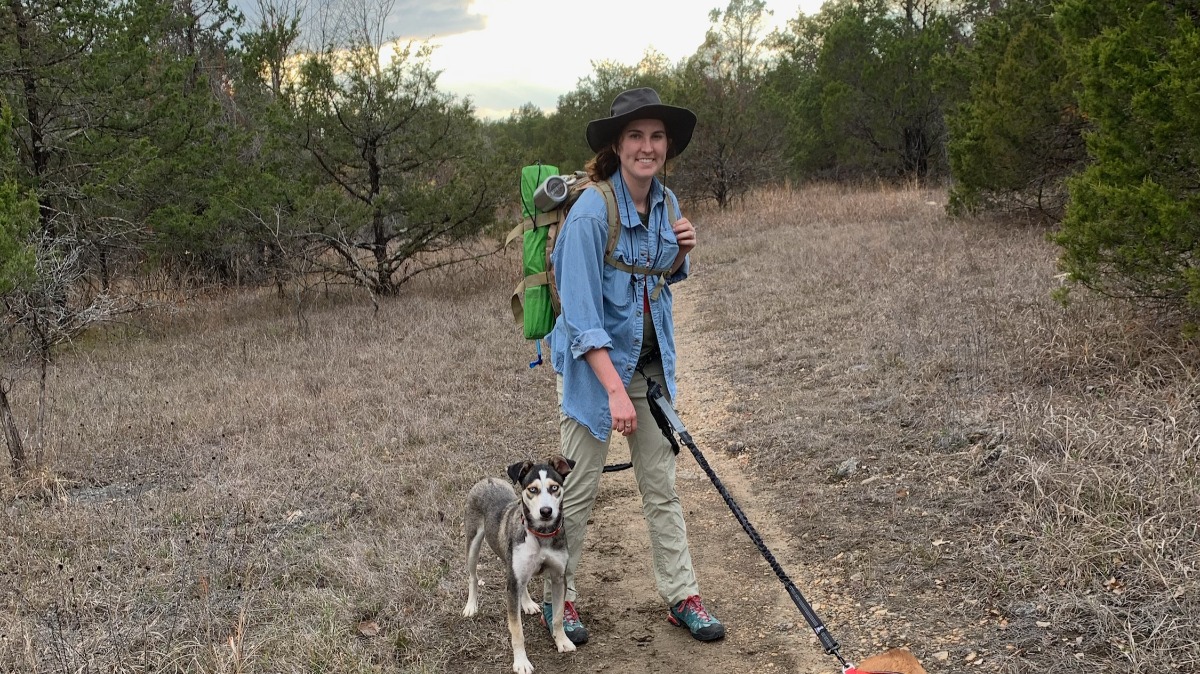Learning is key to success, even for bees.
Bees’ capacity to learn could be influenced by internal factors, including their gut health.
Biology graduate student Parker Campbell studies how gut health relates to bee behavior and survival.
She recently received a grant from the Society for Integrative and Comparative Biology (SICB) to aid in her research efforts.
Dr. Avery Russell, assistant professor of biology, serves as Campbell’s advisor and runs her research lab.
Shaping abilities
Campbell examines changes to native bumblebees’ gut microbiome, meaning all the microbes found in their digestive tract. This includes bacteria and yeast picked up from their environment.
She looks at how changes to the gut microbiome affect bee learning and memory.
“Research suggests that the gut microbiome can affect behavior in many animals,” Campbell said. “Finding evidence of this among bumblebees through its impact on their memory could tell us a lot about how sensitive these animals are to their environment.”
Preserving the pollinators
Bees are critical animal pollinators in a variety of agricultural and natural landscapes.
While foraging for pollen, they deposit some on flowers. This allows them to fertilize flowers, which enables the production of fruit.
Changes in the gut microbiome of bees and the resulting effects on their behavior may be contributing to their declining populations.
“Bees must learn to forage, or find food, from appropriate flowers to survive,” Campbell said. “Declines in bee populations will be detrimental to the ecosystems they support.”
Campbell received a $1,000 award for her research.
She plans to use the grant to buy more bumblebee colonies and new equipment for testing.
“SICB is a top tier scientific society,” Russell said. “It’s a great honor for Parker as an early career scientist to receive the recognition.”

